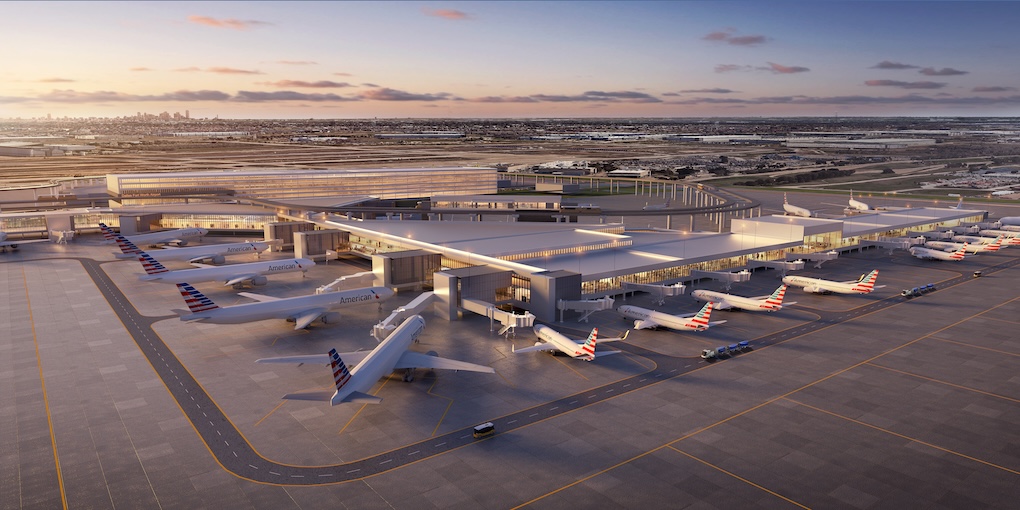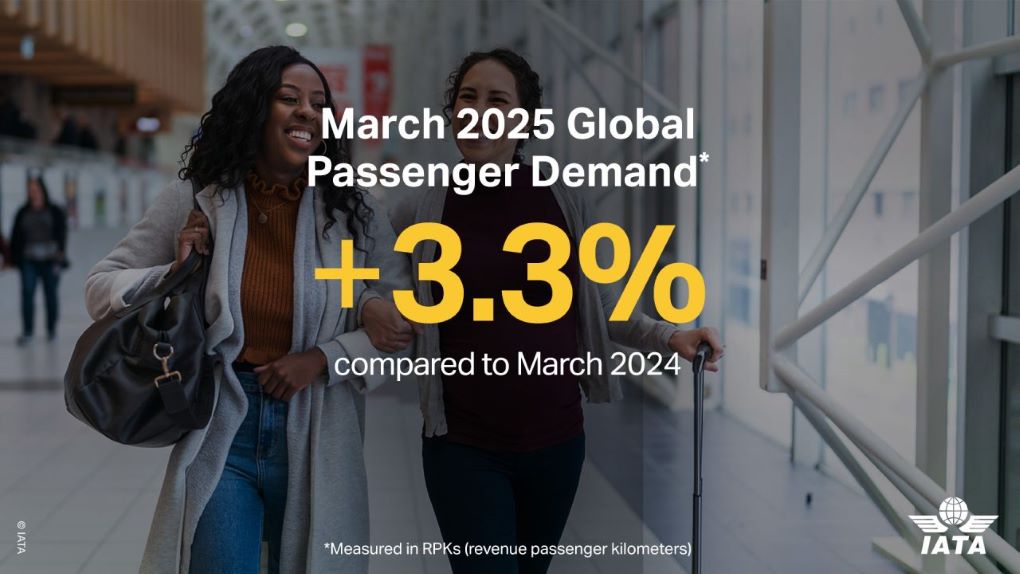EUROPE. Ryanair, Europe’s biggest low-cost carrier, is rolling out new Europe-wide rules restricting passengers to a single item of hand luggage. And the company has confirmed that these restrictions will include purchases made at airside travel retail and duty free stores.
The move poses a major headache to the travel retail industry, and will force passengers to pack all purchases into their single piece of hand luggage, with a maximum weight of 10kg – or face a €30 fine.
Ryanair initially announced the move on 20 January, saying that passengers who appeared at the gate with more than one item of hand luggage would be charged €30 and have the extra bag stowed in the hold. Ryanair said this was because more and more passengers were taking additional bags, and “abusing” the system.
 |
Ryanair, where Michael O’Leary is CEO, is insisting that travel retail purchases be packed in a single item of hand luggage – or passengers will face a fine of €30 |
That first announcement did not include a reference to airside purchases at the airport, but Ryanair has since confirmed that these too must be packed as part of the 10kg, single-bag allowance.
Ryanair spokesman Stephen McNamara told The Moodie Report: “Everything needs to go into the 10kg bag that is allowed per passenger on board. That includes any purchases made in the duty free shops, such as sealed bags of liquor or perfume. There are no exceptions.”
The issue has already been raised as a serious concern by the European Travel Retail Council. But McNamara said the company was not aware of industry or passenger concerns over the new rules and their impact on retailing.
He said: “It’s very new, and we are rolling it out across our network now. But so far, we are not aware of any problems with the airports. It has been in force at Stansted for the past few weeks, and we have found that people are able to accommodate their purchases within the 10kg, one-bag limit. Our message is this: if you are buying duty free, put it in the bag.”
The move could also hit the many unplanned, impulse transactions made in airside stores. McNamara said passengers should plan their purchases in advance, to stay in line with the new rules.
He added: “Contrary to the perception, we are not here to make life difficult for our passengers, or to charge them fines. That’s why we issued the media release about the one-bag rule. But some passengers were arriving with up to five pieces of hand luggage, and we are concerned about anything that might delay our stated 25-minute turnaround times. The 10kg limit is still more generous than many other airlines allow.”
Aside from travel retail purchases, the single-bag allowance also includes laptops and handbags.
When Ryanair announced the move in January it said: “Passengers are made clearly aware of their cabin allowance at the time of their booking and it is also printed on their online boarding cards. Passengers who are unable to place items into one bag and refuse to make the additional payments will not be permitted to travel.”
Other airlines distance themselves
To date, Europe’s other major low-cost carriers have distanced themselves from Ryanair’s move, although there are concerns that more could eventually impose similar rules.
The new rules also call into question Ryanair’s agreements with many smaller regional European airports, at locations where it is the dominant carrier. These agreements are predicated upon Ryanair providing the passengers in return for negligible aviation fees, and the airports funding the infrastructure to host the low-cost carrier’s operations. But that infrastructure is funded in large measure by commercial activities, and in particular retailing, which could be threatened if consumers are wary of buying in the shops.
Reaction from Europe’s airports
ACI Europe, which represents 440 of the region’s airports, this morning issued its reaction to the one-bag rule.
The organisation said: “The rule…severely undermines the commercial basis upon which airports are levying charges from airlines. It also affects passengers as shopping at the airport has become an integral part of the travel experience.
“Retail is the largest and fastest growing source of non-aviation revenues for European airports. With such revenues typically accounting for half of their total revenues – and even rising above 70% in some cases, retail is key to guaranteeing low airport charges of the kind enjoyed by Ryanair across its entire route network. Charges paid by airlines and passengers do not cover the cost of the airport infrastructure they use. European airports rely heavily on non-aviation revenues to operate competitively and finance the development of their facilities.”
ACI Europe Director General Olivier Jankovec said: “There is no question that airlines are free to set their own rules when it comes to cabin-bag allowances. However, such rules should not interfere with the ability of airports to sell duty free/travel value items to passengers before they board their plane. This is an unfortunately short-sighted stance on the part of Ryanair. Demanding even lower airport charges while introducing rules that actively harm an airport’s ability to generate alternative revenues is simply not a tenable position.”
He added: “Like it or not, airlines and airports are in this crisis together and if airlines such as Ryanair are to continue to benefit from using airport infrastructure at well below cost price, they need to appreciate the role that non-aeronautical revenues, such as duty free/travel value retail, play in making that possible.”
Also today, the Forum of European Regional Airports (FARE), which represents small and medium-sized airports, reacted with an open letter to Ryanair CEO Michael O’Leary.
In it, FARE Chairman Chris Cain said: “The revenue generated from duty free and travel retail is a major contributor to airport income and helps ensure lower airport charges. Most FARE airports are involved in long-term partnership agreements with Ryanair. The basis of these agreements is simple: we provide facilities at minimal cost to Ryanair, and in return we exploit the commercial opportunity from having passengers pass through our airports.
“If Ryanair’s single item cabin baggage policy is implemented in full, with no allowance for purchases made airside, it will completely undermine our ability to exploit the commercial opportunity.
“Our airports recognise that there are problems with passengers trying to take too much baggage on board planes. FARE airports will work with Ryanair to tackle these problems, and I am sure that through operational improvements and enhanced communications, we can keep this problem to a minimum.”
FARE said it was urgently seeking a meeting with Ryanair to discuss the issue, adding: “We do not believe that limiting airside purchases will bring any great benefits or efficiencies to Ryanair.”
Retailer reaction
So far, there has been a cautious reaction from travel retailers who stand to be affected if Ryanair moves towards full implementation of the new rules.
Dublin Airport Authority – through its Dublin, Cork and Shannon airports – counts Ryanair as its biggest carrier across its locations. The company told us: “The one-bag rule has not been implemented yet, but if it does, it could be a big problem. Anything that causes customer confusion would be negative for the industry. At Dublin Airport it would potentially be worse for concessionaires that for core category retail, as the concessionaires offer items such as shoes and clothing that would be an issue under the one-bag rule.”
French travel retailer Aelia too stands to be affected, not just in France, but in the UK also, notably at London Luton Airport. A spokesman said: “We’ve been monitoring this closely with our airport partners, and it is potentially very serious. As retailers we are aware of the concerns of airlines over excessive luggage, but airlines too have to see that shopping is not only a service to passegners, it helps airports to remain competitive. Hitting consumers in this way is in nobody’s interest.”
[comments]





